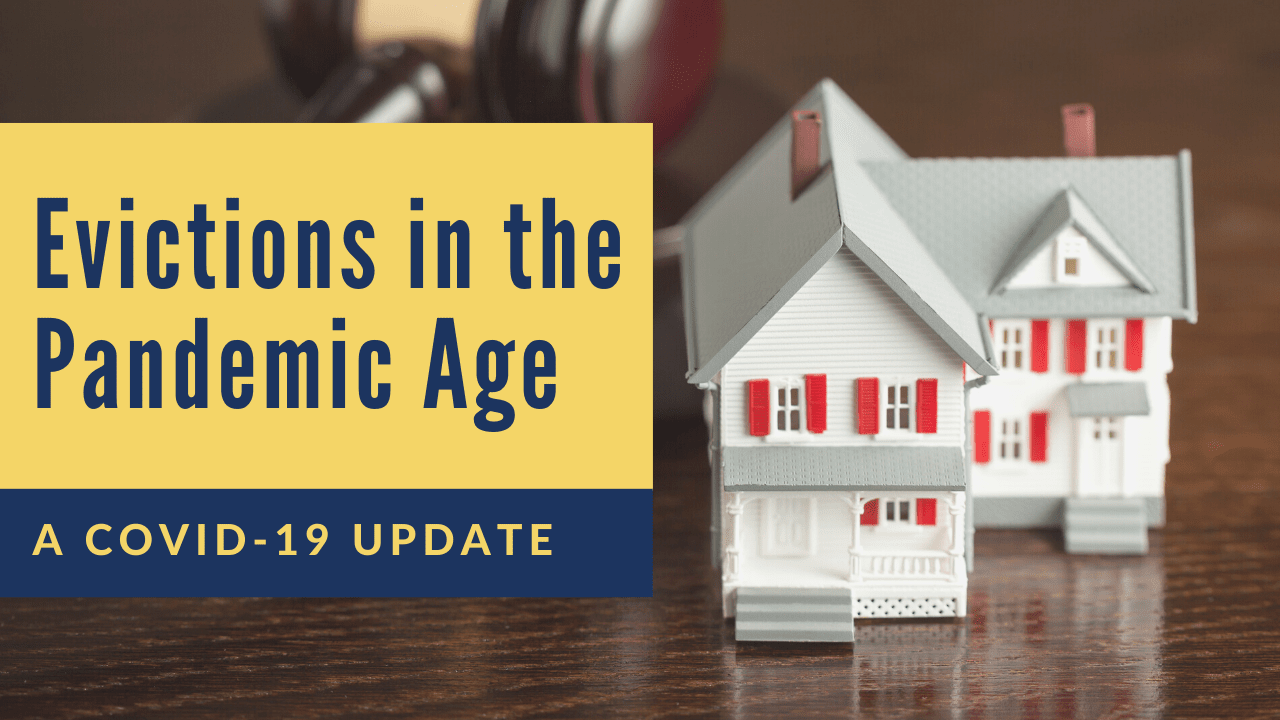
COVID-19’s impact has been undeniable. As the world braced for its unprecedented pandemic impact, order for shelter in place became universal. Executive orders came in fast and furious and changed almost on daily basis as everyone tried to get a grasp on the situation. In addition to federal and state orders, local counties and municipalities issued their own orders. Here is what you need to know as a landlord living in the age of pandemics in California.
Governor Newson issued an executive order in March that halted all evictions related to the Coronavirus to May 31,2020. He extended that executive order at the end of May. The order related to eviction moratoria will remain in effect until July 28, 2020. This means no new evictions may be filed in court until July 29, 2020.
While the Governor extended this order, a second executive order issued on March 27th lapsed without extension. According to the expired executive order, tenants would have had 60 days to respond to an unlawful detainer action.
In addition to the Governor’s orders, the Judicial Council issued its own rules in evictions. The Judicial Council barred most new evictions and stalled previously filed evictions that were making their way through the court system. Adding this to the Governor’s orders, a landlord may not be able to file for an eviction until October 29, 2020.
Federal eviction moratorium for federally backed mortgage loans on rental properties including properties with Section 8 housing vouchers remain in effect until the end of July.
According to the executive order, tenants must notify the landlord prior to or no later than seven days after rent due date in writing that they would be unable to pay all or portion of the rent. They must retain verifiable documentation such as termination notices, pay stubs, medical bills, signed letter from employer explaining the tenant’s changed financial circumstances to support the tenant’s assertion of their inability to pay rent. None of the executive orders waived the rent due to landlords.
At the time this article went to press, a new state of emergency was issued by the Governor due to riots. This new state of emergency will have its own impact on rentals.
